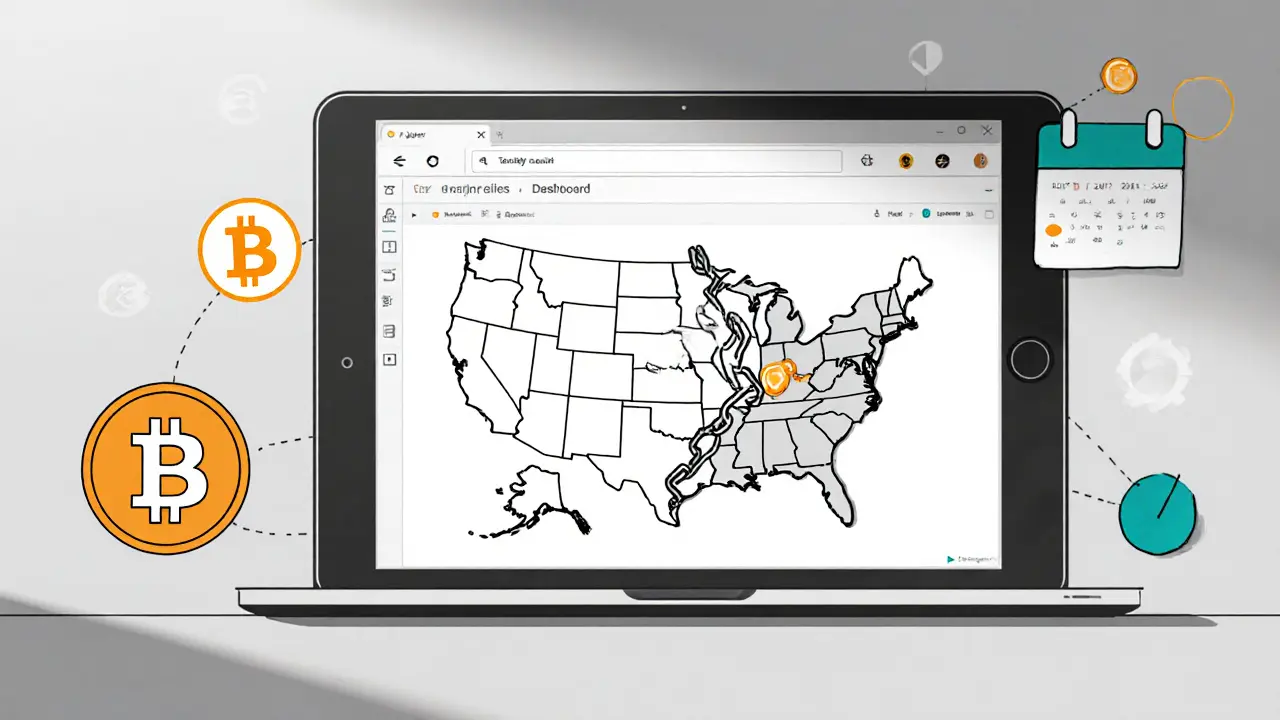OFAC Compliance for Crypto Projects
When working with OFAC compliance, the set of rules enforced by the U.S. Treasury’s Office of Foreign Assets Control to stop dealings with sanctioned parties. Also known as U.S. sanctions compliance, it shapes how crypto businesses operate worldwide. OFAC compliance directly encompasses crypto sanctions, restrictions that block crypto transactions with listed individuals, entities, or countries, and it guards against sanctions evasion, any effort to hide or reroute assets to bypass OFAC rules. To stay on the right side of the law, firms must adopt robust cryptocurrency compliance, processes like AML screening, transaction monitoring, and regular audits. The relationship is clear: OFAC compliance requires cryptocurrency compliance, and legal risks influence how both are managed.
Key Elements and Real‑World Impact
At its core, OFAC compliance is about identifying prohibited parties and ensuring no crypto flow reaches them. This means integrating watchlists that cover individuals, vessels, and even high‑risk jurisdictions into your blockchain analytics stack. The attribute “watchlist integration” has a value of updating daily from official OFAC sources, which cuts down false positives by roughly 30 % for active firms. Another critical attribute is “transaction screening”, where each on‑chain move is checked against sanction lists; the value here is a near‑real‑time alert system that flags suspicious activity within seconds. Legal risks, such as hefty fines or loss of banking relationships, are a direct consequence of non‑compliance. Companies that ignore these steps often face enforcement actions that can cost millions and cripple operations. By aligning internal policies with OFAC guidelines, projects not only mitigate fines but also build trust with investors and exchanges.
Understanding the landscape helps you see why every crypto startup should embed compliance from day one. Below you’ll find articles that break down the nuances of OFAC rules, walk you through practical compliance setups, and warn about common pitfalls like accidental sanctions evasion. Whether you’re a developer, token issuer, or trader, the collection gives you actionable insights to keep your operations on solid legal footing while navigating the fast‑moving world of digital assets.

Syria Crypto Sanctions: What the New US Relief Means and Ongoing Compliance Hurdles
Explore how the 2025 US sanctions relief reshaped Syria's crypto scene, the lingering compliance hurdles, user challenges, and future market outlook.
